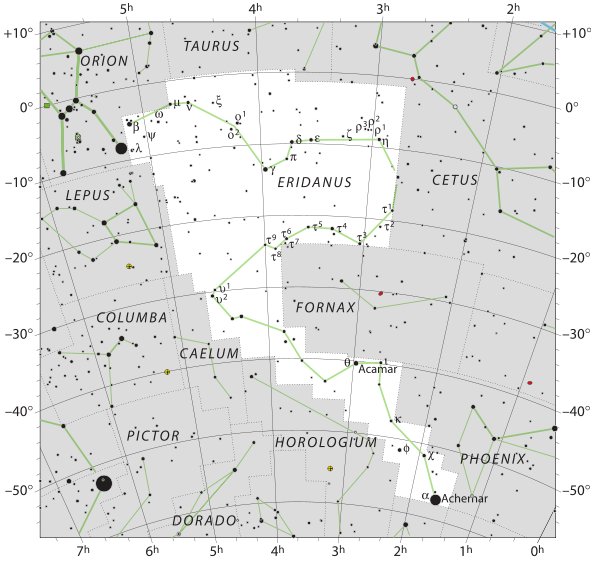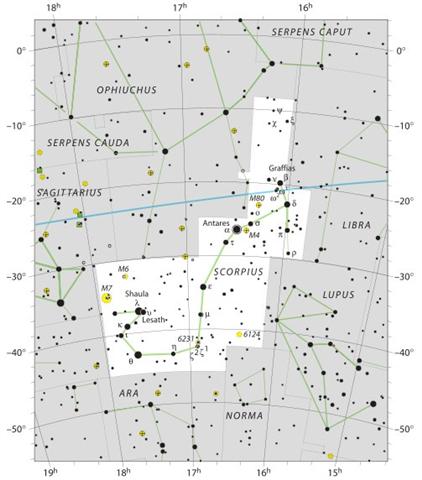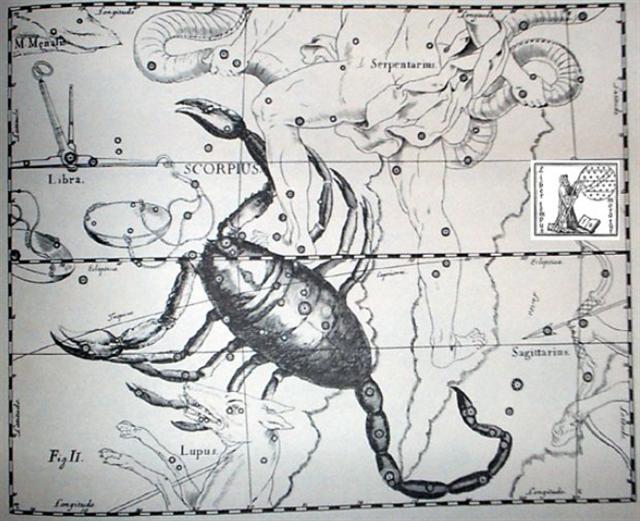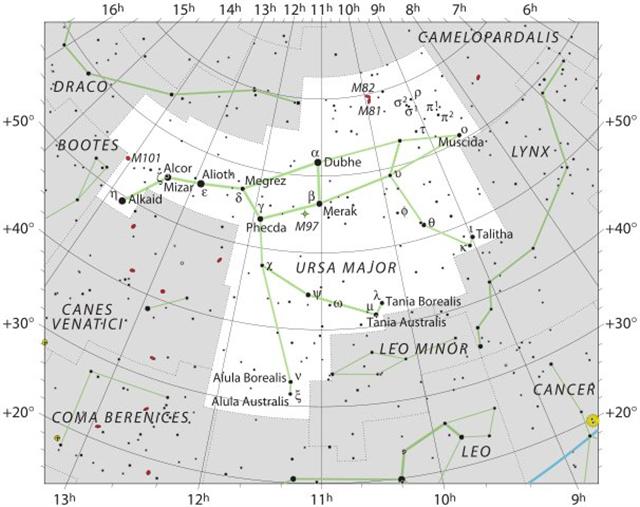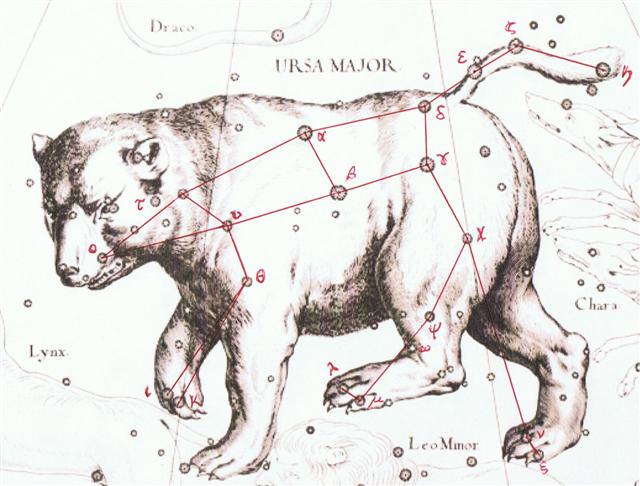|
Maitaki.
Clean, neat, pure, pretty, nice,
beautiful, handsome; tagata
rima maitaki,
clean-handed man, correct man.
Vanaga. 1. Good. Henua
maitaki = the good earth. 2.
Shine. Marama maitaki =
the shining moon. Barthel. Ce
qui est bon. Jaussen according
to Barthel. Meitaki,
good, agreeable, efficacious,
excellent, elegant, pious,
valid, brilliant, security, to
please, to approve (maitaki);
ariga meitaki, handsome,
of pleasant mien; mea meitaki
ka rava, to deserve;
meitaki ke, marvelous,
better. Hakameitaki, to
make good, to amend, to do good,
to bless, to establish.
Meitakihaga, goodness. PS
Pau.: maitaki, good.
Mgv.: meitetaki,
beautiful, good. Mq.: meitai,
good, agreeable, fit, wise,
virtuous. Ta.: maitaiki,
good, well. Niuē:
mitaki,
good. Maitakia,
clean. Churchill.
Toga. 1. Winter
season. Two seasons used to be
distinguished in ancient times:
hora, summer, and toga,
winter. 2. To lean against
somehing; to hold something
fast; support, post supporting
the roof. 3. To throw something
with a sudden movement. 4. To
feed oneself, to eat enough;
e-toga koe ana oho ki te aga,
eat well first when you go
to work. Vanaga. 1. Winter. P
Pau., Mgv.: toga, south.
Mq.: tuatoka, east wind.
Ta.: toa, south. 2.
Column, prop; togatoga,
prop, stay. Togariki,
northeast wind. Churchill.
Wooden platform for a dead
chief: ka tuu i te toga
(Bb8-42), when the wooden
platform has been erected.
Barthel 2. The expressions
Tonga, Kona, Toa
(Sam., Haw., Tah.), to indicate
the quarter of an island or of
the wind, between the south and
west, and Tokelau,
Toerau, Koolau (Sam.,
Haw., Tah.), to indicate the
opposite directions from north
to east - expressions universal
throughout Polynesia, and but
little modified by subsequent
local circumstances - point
strongly to a former habitat in
lands where the regular monsoons
prevailed. Etymologically 'Tonga',
'Kona', contracted from 'To-anga'
or 'Ko-ana', signifies
'the setting', seil. of the sun.
'Toke-lau', of which the
other forms are merely
dialectical variations,
signifies 'the cold, chilly
sea'. Fornander. |



















